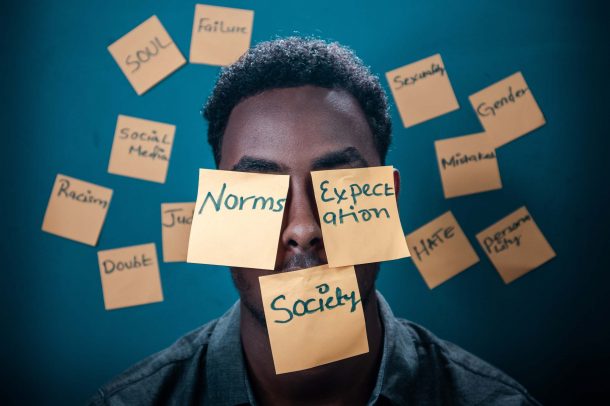Mental Health Facts
When we feel well consistently, we feel better about our lives and ourselves.
Mental health impacts each and every person at some point within their lives. We all have experienced some level of grief, worry, sadness, and sometimes confusion. Mental health can impact how we feel, how we think, and how we act. It can impact our jobs/careers, households, finances, friendships, relationships, and so much more in both positive and negative ways.
When we are struggling with our mental health it can have a negative impact on our quality of life. Sometimes our mental health can become so severe that it warrants a clinical diagnosis and treatment to help with improvement.
Mental Health in the United States
- 1 in 5 adults in the U.S. will have a mental health disorder in any one year
- Anxiety Disorders are the most common disorders among adults in U.S.
- About 8% of the U.S. population 12 years and older has a substance use disorder in any given year
- About 5-10% of Americans experience an Eating Disorder in any given
- Less than 1% of U.S. population are diagnosed with Schizophrenia however, the associated symptoms are potentially more severe and more intense regarding treatment
- About 12% of U.S. population are dually diagnosed, having 2 or more mental health diagnosis
- Only 41% of the people in the U.S. who’ve a mental health disorder in the past received professional treatment!
Source: Mental Health First Aid USA
Stigma involves negative attitudes and negative behavior which lead people to hid their problems or delay seeking help. Stigma makes it hard to discuss mental health issues with family, friends, or other individuals we may typically trust. Stigma can lead to exclusion of people with mental health from housing, employment, social activities, and relationships. We can internalize stigma. Learning about mental health and improving our language when describing mental health issues or people impacted by mental illness, can help to reduce stigma.

